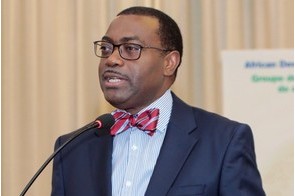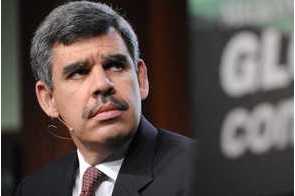Renewable energy will power future growth of cities – IRENA

Summary
The proliferation of renewable energy is a means to achieve a sustainable urban future and common prosperity.
The International Renewable Energy Agency (IRENA), an intergovernmental organization that supports countries in their transition to a sustainable energy future, has said although renewable energy supplies only 20 per cent of the energy use in cities around the world, cities have the potential to scale-up clean energy use by 2030.
IRENA stated this in a report released today on the sidelines of the Habitat III Conference taking place in Quito, Ecuador’s capital. Habitat III is the United Nations Conference on Housing and Sustainable Urban Development, which is taking place this week from 17–20 October.
In a statement also released today, the agency said cities account for 65 per cent of global energy use and 70 per cent of man-made carbon emissions. As such, there is now an unprecedented opportunity for cities to transform and decarbonise their energy supply and use. The report, Renewable Energy in Cities, analyzes energy use in 3,649 cities and explores their potential to scale-up renewables over the next 15 years.
“Cities can play a transformative role in leading the world to a clean and sustainable energy future,” said Adnan Z. Amin, IRENA's Director-General. “We have to rethink the entire urban energy landscape, which requires rigorous planning and holistic decision-making. Renewable energy, combined with energy efficiency, will power the future growth of cities. We must ensure this transition happens as soon as possible.”
According to the report, there are three priority areas – both in terms of technology and policy – where cities can take action to scale-up use of renewables: renewable energy in buildings (for heating, cooling, cooking, and appliances); sustainable options for transport (electric mobility and biofuels); and creating integrated urban energy systems.
The report highlights best practice from cities around the world, and shows what is possible and what policies are needed to enable the change. It also provides concrete examples of how city actors can accelerate the switch to renewable energy at the local level by acting as planners, regulators, financiers and operators of urban infrastructure.
“By 2050, urban populations are expected to double, making urbanisation one of this century’s most transformative trends,” said Amin. “Now is the time to grow with renewables, leapfrog dirty technology, and create cities of the future that people are proud to call home.”
The UN Habitat III Conference is discussing the proliferation of renewable energy as a means to achieve a sustainable urban future and common prosperity.
Related
-
COVID-19 has widened energy accessibility gap, says new GCEEP report
Many Nigerians are among over 100 million people worldwide to see their electricity access disconnected because they ...
-
Oil’s new normal
It is hard to see the global oil market’s current configuration of supply and demand rapidly changing any time soon.
-
Renewable energy boom highlights growing regional divide
Over 70% of renewable energy capacity growth occurred in Asia, while other regions, particularly Africa, lagged behind, ...









